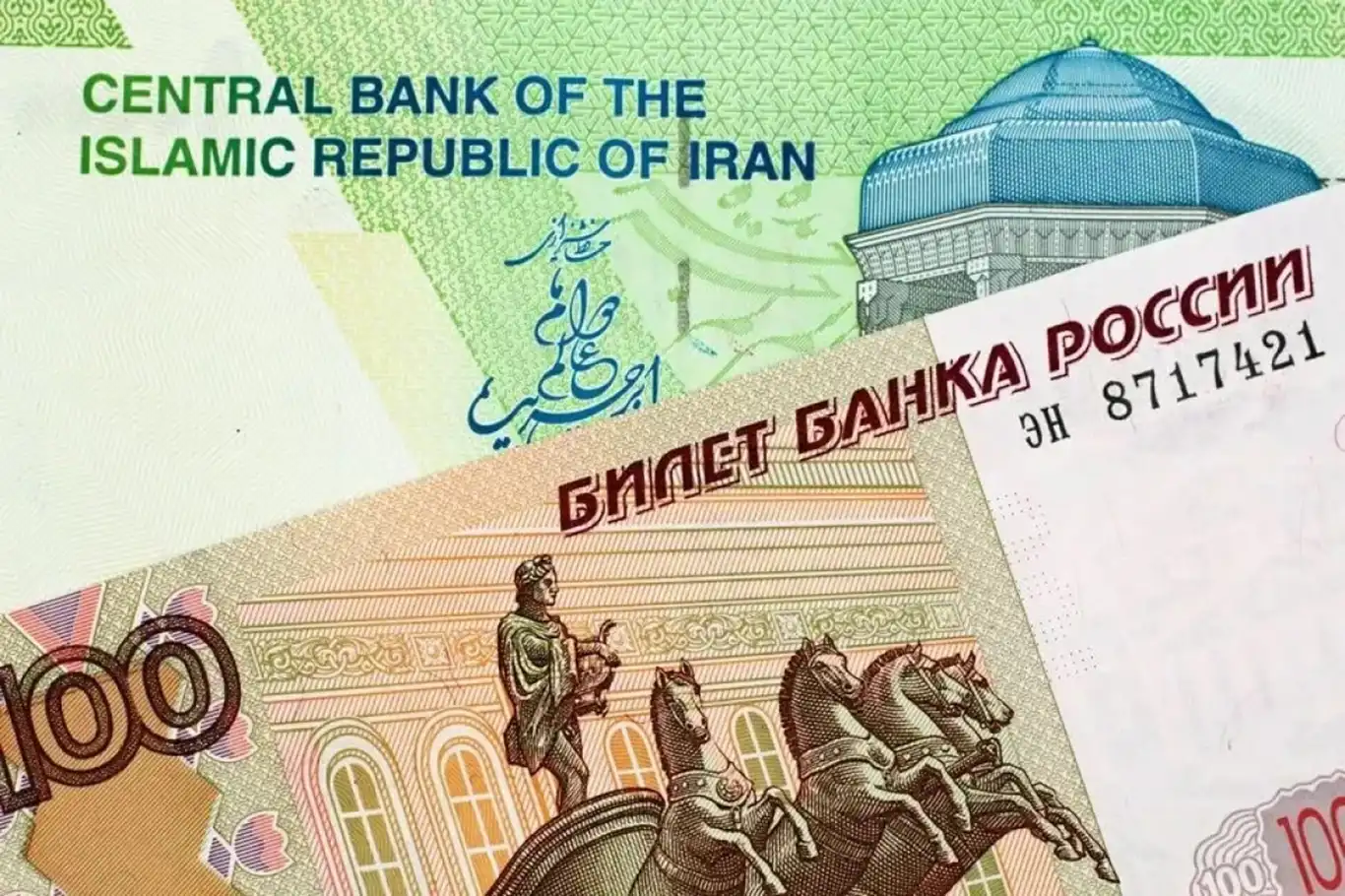Russia extends 6.5 billion ruble credit line to Iran in landmark financial agreement


Russia has extended a credit line worth 6.5 billion rubles to Iran, marking a significant development in financial cooperation between the two nations.
The announcement was made following the visit of Central Bank of Iran (CBI) Governor Mohammad-Reza Farzin to Moscow, with the objective of strengthening monetary and banking ties and enhancing relations under the free trade agreement between Iran and the Eurasian Economic Union (EAEU).
During the visit, a meeting was convened between the directors of Sberbank of Russia and Bank Melli Iran (BMI), resulting in the creation of a credit line for Iran to facilitate the import of essential goods from Russia. The credit line, set at 6.5 billion rubles, is expected to be operationalized by Sberbank and BMI for financing Iran's import requirements.
The credit line agreement is considered a significant initial step in banking operations between the two countries, establishing a foundation for further cooperation. This development follows the recent signing of the free trade agreement between Iran and EAEU, comprising Belarus, Kazakhstan, Kyrgyzstan, Russia, and Armenia.
The accord, signed in St. Petersburg, aims to eliminate tariffs for 87 percent of goods in trade exchanges between the parties. Each member state will prepare a negative list of sensitive goods, exempted from tariff removal. The agreement is pending approval by the respective parliaments of the six countries to become operational.
Additionally, the Central Bank of Iran achieved a landmark by opening the first Letter of Credit (LC) of Iran's banking network abroad after years. Bank Sepah initiated the first LC in Russia, valued at 17 million euros. This accomplishment, in the aftermath of Trump's sanctions, marks a positive development in Iran's banking relations, signaling a new phase of cooperation with other nations.
Trade between Iran and Russia has seen an 18 percent increase in the first eight months of the current Iranian calendar year, reaching 3.748 million tons of products valued at $1.756 billion. The IRICA head highlighted the growth in bilateral trade, with Iran's export to Russia up by 32 percent, reaching $616.326 million, while imports from Russia amounted to $1.14 billion, reflecting a 12 percent increase.
The financial agreements and trade developments underscore the efforts of Iran and Russia to strengthen economic ties, particularly in the face of external pressures and sanctions. The recent extension of the credit line represents a tangible step toward enhancing financial cooperation and fostering economic collaboration between the two nations. (ILKHA)
LEGAL WARNING: All rights of the published news, photos and videos are reserved by İlke Haber Ajansı Basın Yayın San. Trade A.Ş. Under no circumstances can all or part of the news, photos and videos be used without a written contract or subscription.
Türkiye's consumer price inflation maintained a high level in October, with prices rising 32.87% on an annual basis, according to official data released on Monday.
On Monday, Brent crude oil traded at $65.21 per barrel in international markets, reflecting a modest increase following the weekend’s close.
Türkiye is accelerating efforts to modernize its irrigation infrastructure and enhance water efficiency in agriculture, with major upgrades and expansion projects set to continue through 2026, according to the General Directorate of State Hydraulic Works (DSİ).
Eight members of the OPEC+ alliance announced on Sunday that they will increase their collective oil output by 137,000 barrels per day (bpd) beginning in December 2025, following an online ministerial meeting aimed at reviewing market stability and global demand trends.